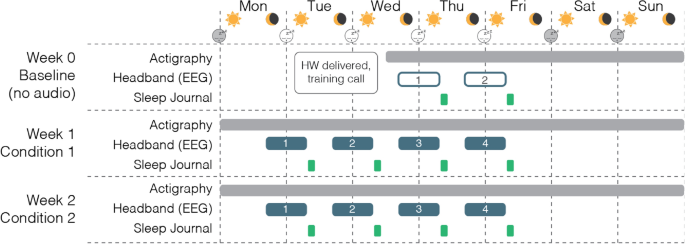2024-09-25 ミュンヘン大学(LMU)
<関連情報>
- https://www.lmu.de/en/newsroom/news-overview/news/brain-development-extracellular-vesicles-facilitate-cellular-communication.html
- https://www.cell.com/cell-reports/fulltext/S2211-1247(24)01106-9
ヒトの脳発達における細胞外小胞を介した分子キーの輸送 Extracellular vesicle-mediated trafficking of molecular cues during human brain development
Andrea Forero∙ Fabrizia Pipicelli∙ Sylvain Moser∙ … ∙ Giuseppina Maccarrone∙ Rossella Di Giaimo∙ Silvia Cappello
Cell Reports Published:September 18, 2024
DOI:https://doi.org/10.1016/j.celrep.2024.114755
Graphical abstract
Highlights
•Revealed the proteomic heterogeneity of EVs secreted by neural cells and COs
•Neural cells present different EV uptake mechanisms
•EVs traffic molecular cues relevant in brain development
•EV treatment leads to transcriptional changes and increased proliferation
Summary
Cellular crosstalk is an essential process influenced by numerous factors, including secreted vesicles that transfer nucleic acids, lipids, and proteins between cells. Extracellular vesicles (EVs) have been the center of many studies focusing on neurodegenerative disorders, but whether EVs display cell-type-specific features for cellular crosstalk during neurodevelopment is unknown. Here, using human-induced pluripotent stem cell-derived cerebral organoids, neural progenitors, neurons, and astrocytes, we identify heterogeneity in EV protein content and dynamics in a cell-type-specific and time-dependent manner. Our results support the trafficking of key molecules via EVs in neurodevelopment, such as the transcription factor YAP1, and their localization to differing cell compartments depending on the EV recipient cell type. This study sheds new light on the biology of EVs during human brain development.



